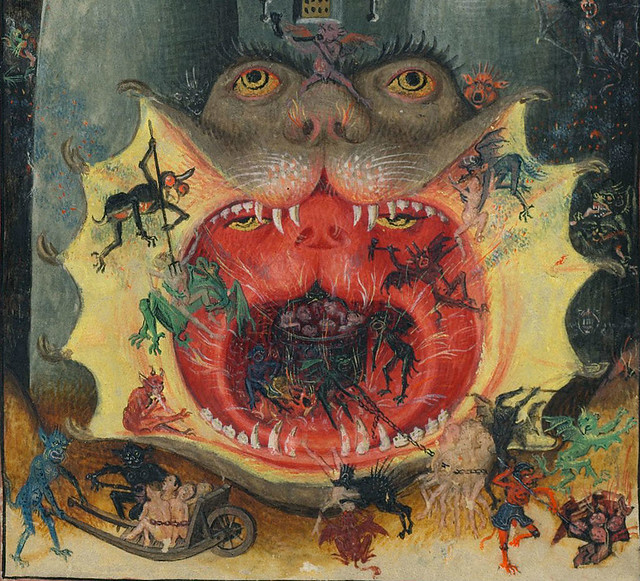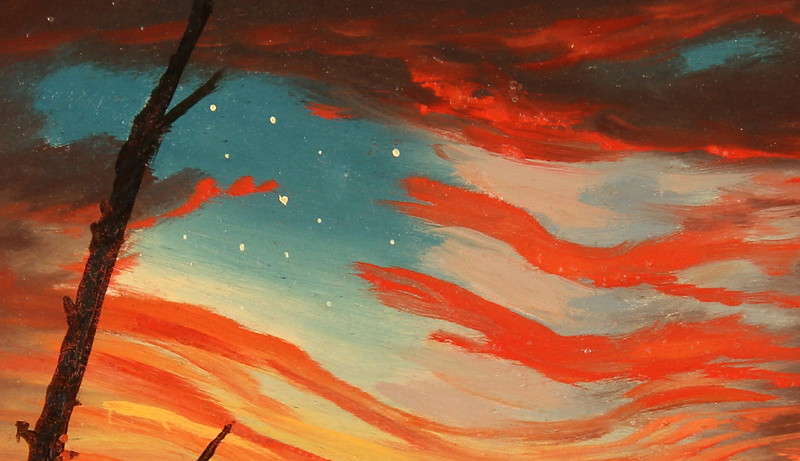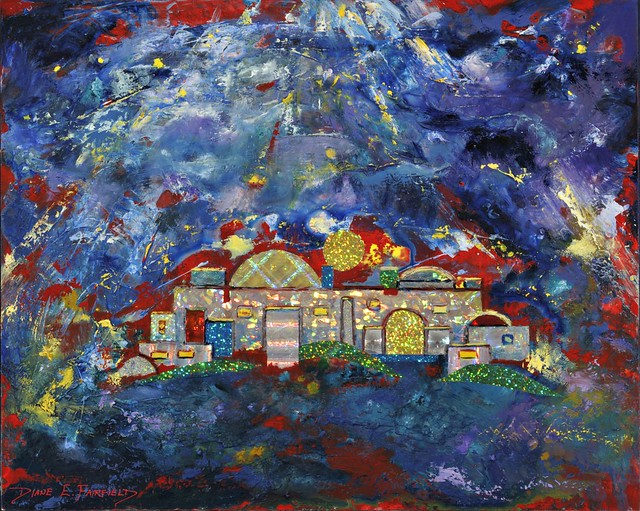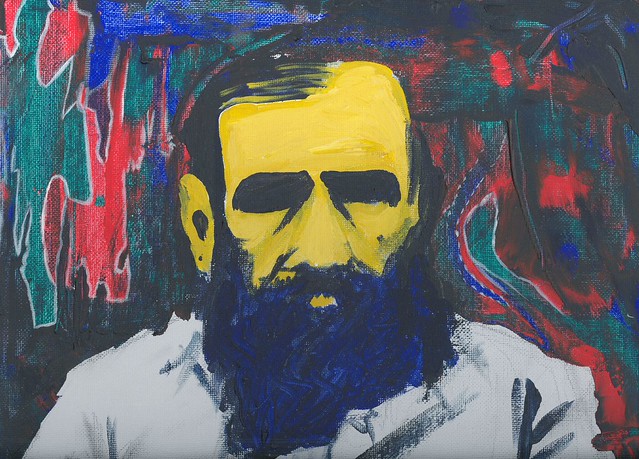Hell…and How to Get There

(This is chapter 6 of Sinners in the Hands of a Loving God. I want you to have it. Share it freely and widely.)
Hell…and How to Get There
Brian Zahnd
My dad was in the process of his slow dying. Dementia had rendered this intelligent and articulate judge nearly as mute as the sphinx. He had broken his arm in a fall and I was sitting with him in the hospital. Since conversation with my dad was nearly impossible, I had a book with me, Abraham Joshua Heschel’s The Prophets. Abraham Joshua Heschel was a Polish-born American rabbi, theologian, philosopher, and social activist who worked with Martin Luther King Jr. and lent his prominent voice to the civil rights movement. It is remarkable that a Jewish rabbi’s writings have been so influential among Christian ministers, theologians, and lay people around the world. The preeminent Christian Old Testament scholar Walter Brueggemann has often cited Heschel’s influence on his own work. Everything I’ve ever read from Heschel has shown him to be a thoroughly God-saturated soul, a kind and wise sage of the highest order. Rabbi Heschel was so immersed in the Hebrew prophets that he became one — a modern-day Jeremiah marching arm in arm with Dr. King across the Edmund Pettus Bridge in Selma, Alabama, in brave defiance of entrenched racism. Recalling his participation in the Selma March, Rabbi Heschel said, “I felt my legs were praying.” Heschel’s whole life was a kind of prayer, and I have the highest admiration for this man of God, just like I have the highest admiration for my dad. For some reason my dad was often confused for a well-known rabbi. Maybe because he looked vaguely Jewish but more, I like to think, because of his kind and wise bearing. In many ways L. Glen Zahnd was not unlike Abraham Joshua Heschel.
So there I was sitting at the bedside of my dying father reading The Prophets. My mind was occupied with thoughts of life and death, God and the prophets, wisdom and kindness, how we ought to live our lives, and how L. Glen Zahnd and Abraham Joshua Heschel were great examples of men who did it right. Shortly before midnight I left my father’s room to go home. The hospital corridors were quiet and the lights were turned low. It was an ambiance that matched my pensive mood. I entered the empty elevator, pushed the button for the ground floor, and watched the doors close. At that moment a thought erupted from some fundamentalist outpost in my brain asking this disturbing question: “Is Abraham Joshua Heschel in hell?” I uttered my reply instantly and out loud with more than a hint of indignation: “What would be the point of that?!”
For most of my life I had held to a simplistic equation about the afterlife: Christians go to heaven, where they enjoy eternal bliss, while everyone else goes to hell, where they suffer eternal torment. But now with death, my dad, and Rabbi Heschel weighing heavy on my mind, my tidy and trite equation began to crack under the strain. Was Rabbi Heschel in hell? After all, he wasn’t a Christian. Of course, there were a lot of reasons for that, not the least of which was that he had barely escaped the horror of the Holocaust inflicted upon European Jewry by Christian hands in Christian lands. But was I to believe, as some theologies suggest, that Rabbi Heschel had escaped Hitler’s ovens in Auschwitz only to be eternally consigned to God’s own ovens in hell? At that moment, just before midnight, in that hospital elevator, a theology claiming that God locked Abraham Joshua Heschel (along with Anne Frank!) in an eternal torture chamber suddenly appeared irredeemably ludicrous as I protested out loud, “What would be the point of that?!” It was the beginning of a serious rethinking of what we Christians mean and do not mean when we talk about the four-letter word hell.
Read more


